Crane/Riggers Training Courses
Use the filter to change the course type, region or language

COURSE TYPE:
COURSE REGION:
COURSE LANGUAGE:
What is online training? Our online trainings are great for those who want to learn at their own pace and on their own time. Online trainings can be completed from any location, eliminating the need for expensive seminars. Employers can assign employees specific trainings and keep track of their progress and exam scores. We also offer DIY Kits and Train the Trainer courses. Use the filter above to see these options.
What is a DIY training kit? Our training kits offer a full training experience alongside a comprehensive toolset for further learning. These kits are the perfect resource for those who want the freedom of training employees themselves. Unlike traditional trainings that are taken once, the kit offers a complete initial training as well as activities and materials to train employees long after they’ve been certified. We also offer online trainings and Train the Trainer courses. Use the filter above to see these options.
What is Train the Trainer? Train-the-trainer courses allow employers to take full control of the training process. Employees who take these courses are fully certified to use the training kit and train others. This means that employers can hold training seminars and courses without the need for third-party trainers. Employees who complete these courses are certified for life and can train others confidently with a well-tested learning model. We also offer online trainings and DIY training kits. Use the filter above to see these options.
-
Sale!
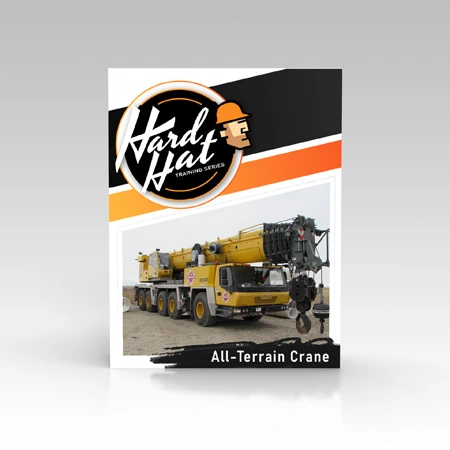
All Terrain Crane Training Online
$79.00 Add to cart -

All-Terrain Crane Online Training – Spanish
$79.99 Add to cart -
Sale!

All-Terrain Crane Train the Trainer
$799.99 Add to cart -

All-Terrain Crane Train the Trainer – Canada
$850.00 Add to cart -

All-Terrain Crane Training for Canada
$99.99 Add to cart -

All-Terrain Crane Training for Canada
$525.00 Add to cart -
Sale!

All-Terrain Crane Training Kit
$499.99 Add to cart -
Sale!
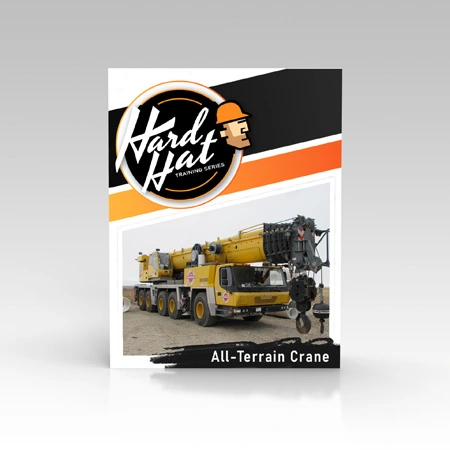
All-Terrain Crane Training Kit – Spanish
$499.99 Add to cart -
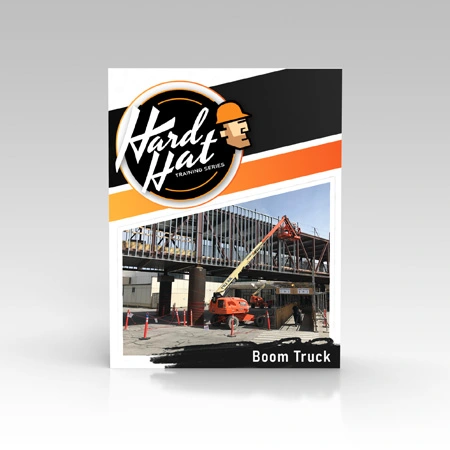
Boom Truck Online Training
$79.00 Add to cart -

Boom Truck Online Training – Spanish
$79.99 Add to cart -
Sale!

Boom Truck Train the Trainer
$799.99 Add to cart -

Boom Truck Train the Trainer – Canada
$850.00 Add to cart -
Sale!
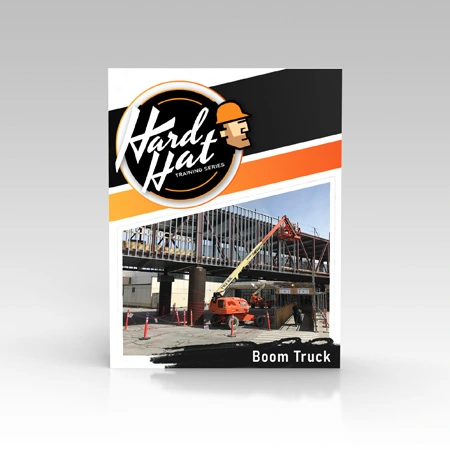
Boom Truck Train the Trainer – Spanish
$799.99 Add to cart -

Boom Truck Training – Canada
$525.00 Add to cart -
Sale!

Boom Truck Training Kit
$499.99 Add to cart -
Sale!

Boom Truck Training Kit – Spanish & English
$499.99 Add to cart -

CAL OSHA Boom Truck Training Online
$79.99 Add to cart -
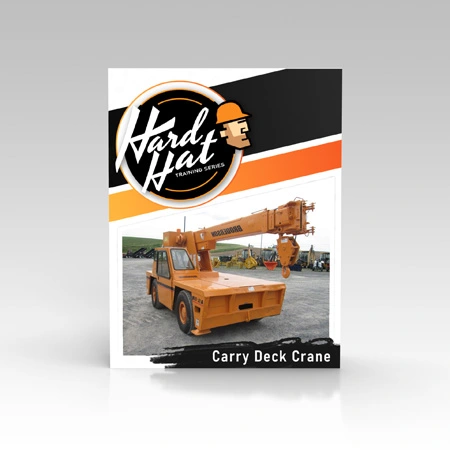
CAL OSHA Carry Deck Crane Training Online
$79.99 Add to cart -
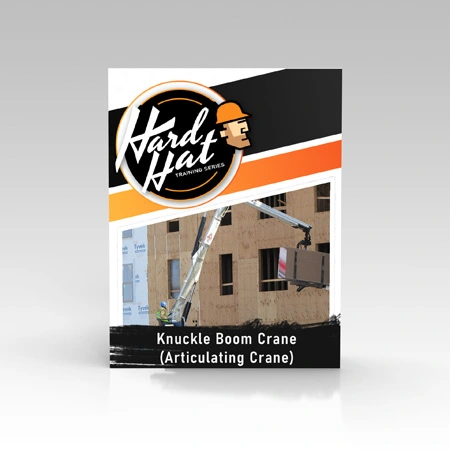
CAL OSHA Knuckle Boom Training Online
$79.99 Add to cart -
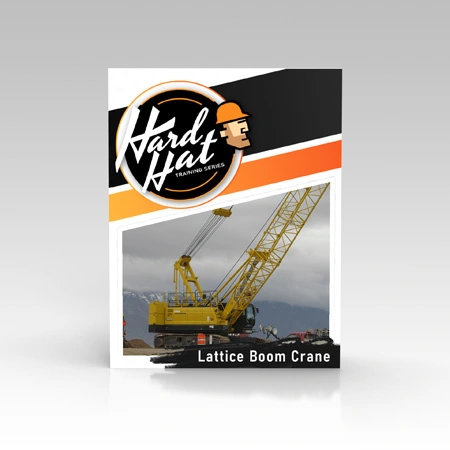
CAL OSHA Lattice Boom Crane Training Online
$79.99 Add to cart -
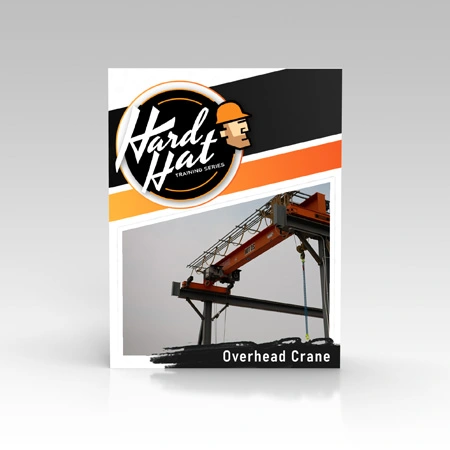
CAL OSHA Overhead Crane Training Online
$79.99 Add to cart -
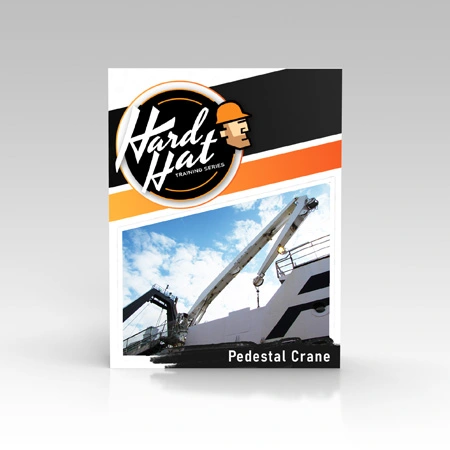
CAL OSHA Pedestal Crane Training Online
$79.99 Add to cart -

Carry Deck Crane Online Training
$79.99 Add to cart -
Sale!

Carry Deck Crane Train the Trainer
$799.99 Add to cart -

Carry Deck Crane Train the Trainer – Canada
$850.00 Add to cart -

Carry Deck Crane Training – Canada
$525.00 Add to cart -
Sale!

Carry Deck Crane Training Kit
$499.99 Add to cart -

Carry Deck Crane Training Online – Canada
$99.00 Add to cart -
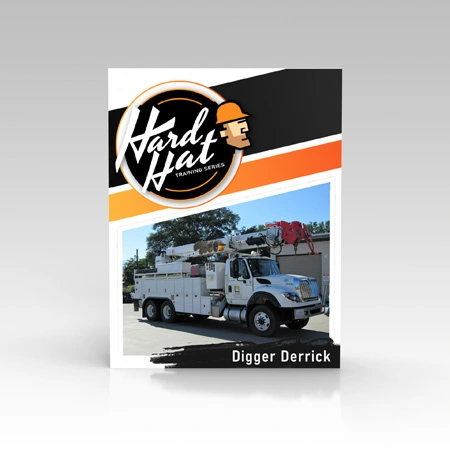
Digger Derrick Training – Canada
$525.00 Add to cart -

Digger Derrick Online Training
$79.99 Add to cart -

Digger Derrick Online Training – Canada
$99.00 Add to cart -

Digger Derrick Online Training – Spanish
$79.99 Add to cart -
Sale!

Digger Derrick Train the Trainer
$799.99 Add to cart -

Digger Derrick Train the Trainer – Canada
$850.00 Add to cart -
Sale!
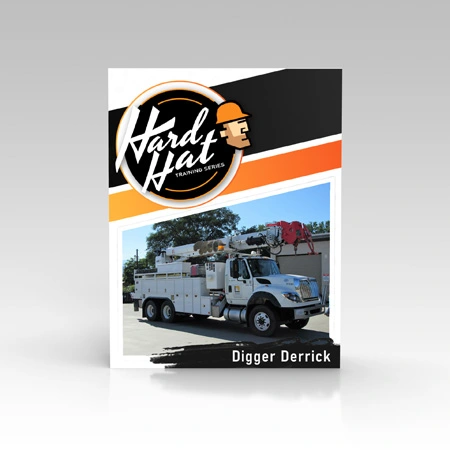
Digger Derrick Train the Trainer – Spanish
$799.99 Add to cart -
Sale!

Digger Derrick Training Kit
$499.99 Add to cart -
Sale!

Digger Derrick Training Kit – Spanish & English
$499.99 Add to cart -
Sale!
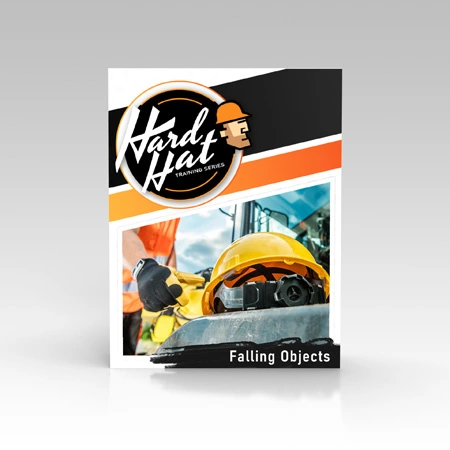
Falling Object Hazards Training Kit
$499.99 Add to cart -

Falling Objects Online Training
$39.99 Add to cart -

Falling Objects Online Training – Canada
$49.00 Add to cart -
Sale!

Falling Objects Train the Trainer
$799.99 Add to cart -

Falling Objects Train the Trainer – Canada
$850.00 Add to cart -

Folding Crane Online Training – Canada
$99.00 Add to cart -
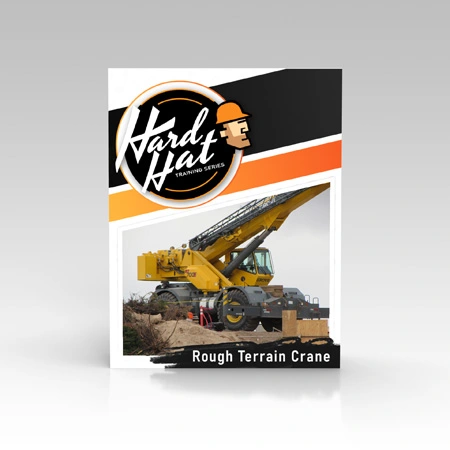
Hydraulic Crane Training – Canada
$525.00 Add to cart -
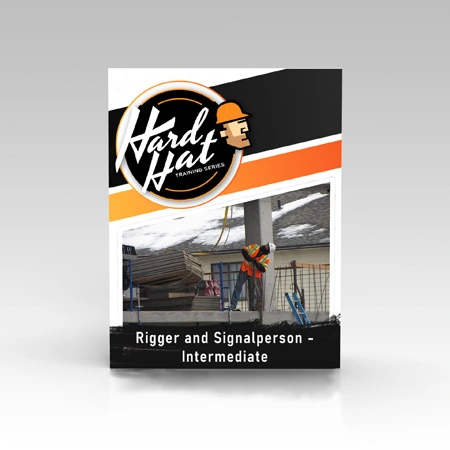
Intermediate Rigger and Signal Person Training Online – Spanish
$95.99 Add to cart -
Sale!

Knuckle Boom Crane (Articulating Crane) Train the Trainer
$799.99 Add to cart -

Knuckle Boom Crane (Articulating Crane) Train the Trainer – Canada
$850.00 Add to cart -
Sale!
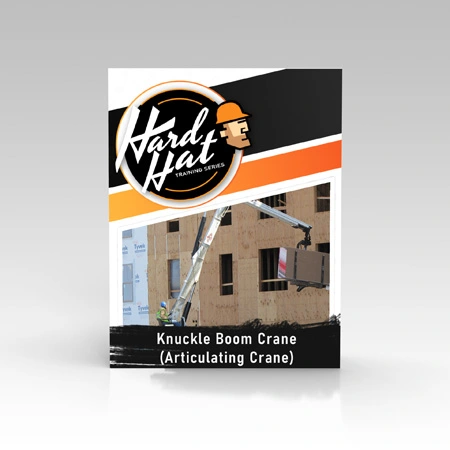
Knuckle Boom Crane (Articulating Crane) Train the Trainer – Spanish
$799.99 Add to cart -

Knuckle Boom Crane DIY Kit – Canada
$525.00 Add to cart -

Knuckle Boom Truck Online Training
$79.99 Add to cart -

Knuckle Boom Truck Online Training – Spanish
$79.99 Add to cart -
Sale!

Knuckle Boom Truck Training Kit
$499.99 Add to cart -
Sale!

Knuckle Boom Truck Training Kit – Spanish & English
$499.99 Add to cart -

Lattice Boom & Crawler Crane Training – Canada
$525.00 Add to cart -

Lattice Boom Crane Online Safety Training
$79.99 Add to cart -

Lattice Boom Crane Online Safety Training – Canada
$99.00 Add to cart -

Lattice Boom Crane Online Safety Training – Spanish
$79.99 Add to cart -
Sale!

Lattice Boom Crane Train the Trainer
$799.99 Add to cart -

Lattice Boom Crane Train the Trainer – Canada
$850.00 Add to cart -
Sale!
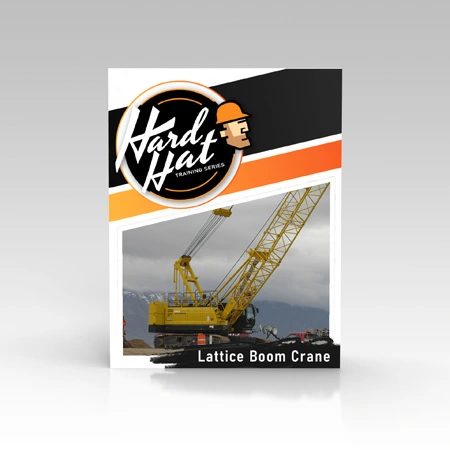
Lattice Boom Crane Train the Trainer – Spanish
$799.99 Add to cart -
Sale!

Lattice Boom Crane Training Kit
$499.99 Add to cart -
Sale!

Lattice Boom Crane Training Kit – Spanish & English
$499.99 Add to cart -
Sale!

Overhead Crane Online Training
$79.00 Add to cart -

Overhead Crane Online Training – Canada
$99.00 Add to cart -
Sale!

Overhead Crane Online Training – Spanish
$79.00 Add to cart -
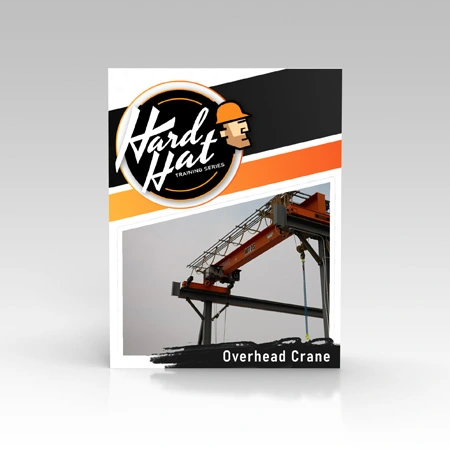
Overhead Crane Safety Training – Spanish & English
$425.00 Add to cart -
Sale!

Overhead Crane Train the Trainer
$799.99 Add to cart -

Overhead Crane Train the Trainer – Canada
$850.00 Add to cart -
Sale!

Overhead Crane Train the Trainer – Spanish
$799.99 Add to cart -

Overhead Crane Training – Canada
$525.00 Add to cart -

Overhead Crane Training Program
$425.00 Add to cart -

Pedestal Crane Online Safety Training – Canada
$99.00 Add to cart -

Pedestal Crane Online Safety Training – Spanish
$79.99 Add to cart -

Pedestal Crane Online Safety Training & Certification
$79.99 Add to cart -
Sale!
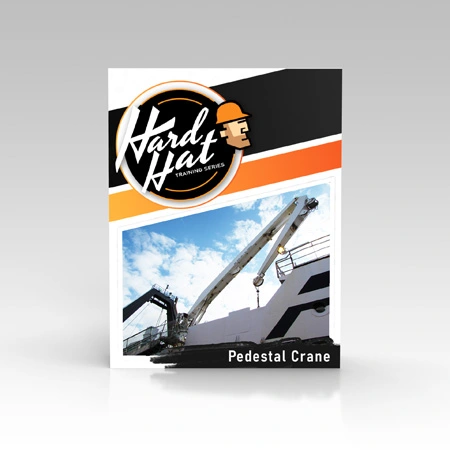
Pedestal Crane Safety Training – Spanish & English
$499.99 Add to cart -
Sale!

Pedestal Crane Train the Trainer
$799.99 Add to cart -

Pedestal Crane Train the Trainer – Canada
$850.00 Add to cart -
Sale!

Pedestal Crane Train the Trainer – Spanish
$799.99 Add to cart -

Pedestal Crane Training – Canada
$525.00 Add to cart -
Sale!

Pedestal Crane Training Kit
$499.99 Add to cart -
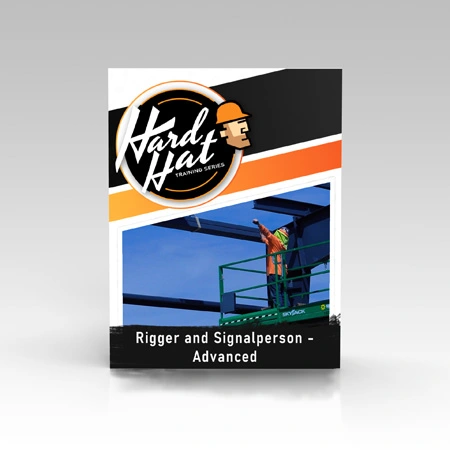
Rigger & Signal Person (Advanced) Online Training – Canada
$99.00 Add to cart -
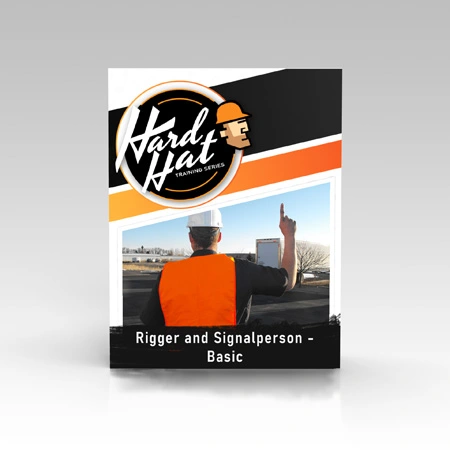
Rigger & Signal Person (Basic) Training – Online
$99.00 Add to cart -
Sale!

Rigger & Signal Person (Basic) Training Kit
$499.99 Add to cart -

Rigger & Signal Person (Intermediate) Training – Canada
$99.00 Add to cart -
Sale!

Rigger & Signal Person (Advanced) Training Kit
$499.99 Add to cart -
Sale!

Rigger & Signal Person (Intermediate) Training Kit
$499.99 Add to cart -
Sale!

Rigger and Signal Person (Intermediate) Train the Trainer
$799.99 Add to cart -

Rigger and Signal Person (Intermediate) Training Kit – Canada
$525.00 Add to cart -
Sale!
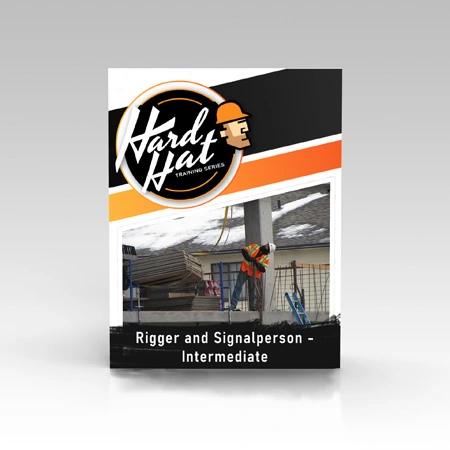
Rigger and Signal Person – Intermediate Train the Trainer – Spanish
$799.99 Add to cart -
Sale!

Rigger and Signal Person (Advanced) Train the Trainer
$700.00 Add to cart -

Rigger and Signal Person (Advanced) Train the Trainer – Canada
$850.00 Add to cart -

Rigger and Signal Person (Advanced) Training Kit – Canada
$525.00 Add to cart -

Rigger and Signal Person (Advanced) Training Online
$95.00 Add to cart -
Sale!

Rigger and Signal Person (Basic) Train the Trainer
$799.99 Add to cart -

Rigger and Signal Person (Basic) Train the Trainer – Canada
$850.00 Add to cart -

Rigger and Signal Person (Basic) Training Kit – Canada
$525.00 Add to cart -

Rigger and Signal Person (Basic) Training Online
$99.00 Add to cart -

Rigger and Signal Person (Intermediate) Train the Trainer – Canada
$850.00 Add to cart -
Sale!

Rigger and Signal Person (Intermediate) Training Kit – Spanish & English
$499.99 Add to cart -

Rigger and Signal Person (Intermediate) Training Online
$95.99 Add to cart -

Rough Terrain (Hydraulic) Crane Online Training – Canada
$99.00 Add to cart -

Rough Terrain Crane Online Training
$79.99 Add to cart -

Rough Terrain Crane Online Training – Spanish
$79.99 Add to cart -
Sale!

Rough Terrain Crane Train the Trainer
$799.99 Add to cart -

Rough Terrain Crane Train the Trainer – Canada
$850.00 Add to cart -
Sale!
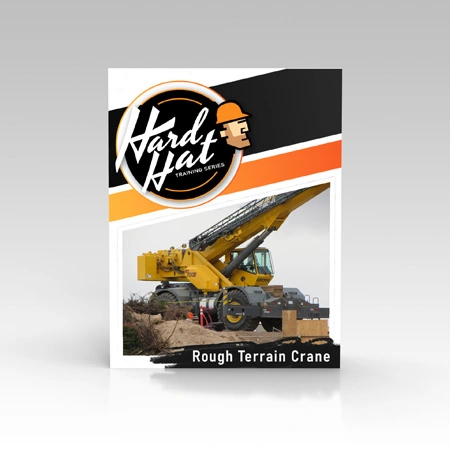
Rough Terrain Crane Train the Trainer – Spanish
$799.99 Add to cart -
Sale!

Rough Terrain Crane Training Kit
$499.99 Add to cart -
Sale!

Rough Terrain Crane Training Kit – Spanish & English
$499.99 Add to cart -
Sale!
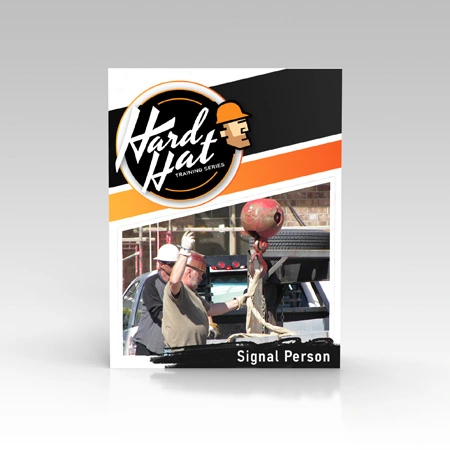
Signal Person Train the Trainer
$799.99 Add to cart -

Signal Person Train the Trainer – Canada
$850.00 Add to cart -
Sale!

Signal Person Training Kit
$499.99 Add to cart -

Signal Person Training Kit -Canada
$525.00 Add to cart -

Signal Person Training Online
$79.99 Add to cart -

Signal Person Training Online – Canada
$99.00 Add to cart -

Stiff Boom Crane Online Training – Canada
$99.00 Add to cart -
Sale!
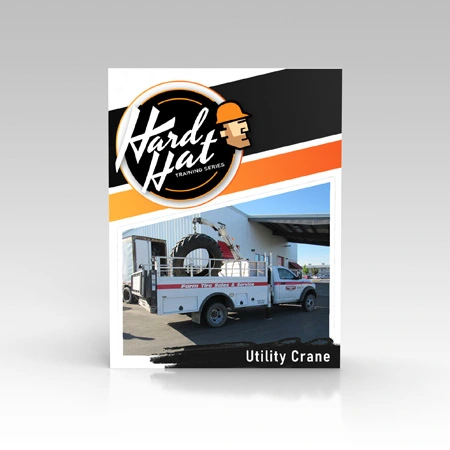
Utility Crane Train the Trainer
$799.99 Add to cart -
Sale!

Utility Crane Truck Online Training
$79.00 Add to cart -
Sale!

Utility Truck Crane Training Kit
$499.99 Add to cart
WHY CHOOSE
HARD HAT TRAINING?
We’re a trusted provider of what we feel is the best crane or rigger training available on the market today. Our safety training courses can be done anywhere. We offer online training optionsWe can get you your certification in as little as two hours with our online training. You can also use a more robust, customizable option through our DIY training kits training. No matter which option you want, we can help you get the industrial hygiene training you want at a price you can afford.
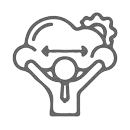
Flexible Courses

Customer Service

Training Courses

alignment Certificate
What and Why?
What’s In The Crane And Riggers Certification Training Courses?
Our crane operator and riggers training courses are regulation-aligned, and our online versions fulfill classroom training requirements. Each class contains sections on machine anatomy, equipment, principles of stability, safe operations, and common hazards to avoid.
These presentations include intermittent practice quiz questions to prepare for the final written exam included with the courses. In addition to the written exam, these courses also include a checklist for employers to use when administering a practical exam.
Though you will still need to familiarize yourself with all other applicable federal, state, and local standards, these trainings encompass the following OSHA Requirements for crane operations:
Why Do I Need Crane And/Or Rigger Training?
On any given day, it’s possible to be subject to violations and not even know it. Some companies have received fines for serious and repeat violations.
This article discusses four companies which are either based in northwest Ohio or with operations there that were fined a combined $135,000 for workplace safety violations. Read the article below to learn how you can avoid similar situations in your workplace.
Crane and/or Riggers Certification Training FAQs

How often do I need crane/rigger operator training?
OSHA requires rigger/crane operator training for riggers/crane operators—on that, there is no question. Where confusion exists is how often employees need crane/rigger refresher training or recertification. Outside of the initial safety training class, it is common to see companies set recertification every three years. We are one of them. And here’s why:
As far as this 3-year crane operator/rigger training certification goes, OSHA regulations are very specific when it comes to forklifts and a couple of other pieces of equipment. However, on everything else they are not so clear. They just state the employer must regularly provide safety training for their crane operators and riggers. Following industry best practices, we’ve adopted this 3-year term in order to help employers comply with the general standard of regularly providing crane operator and rigger training.
Ultimately, it is up to the employer to determine how frequently their riggers or crane operators need to be trained. Many of our customers require it more often, annually even. Others may stretch it out a bit. The National Commission for the Certification of Crane Operators (NCCCO) certification is only good for five years. In working with OSHA, though, it is our experience that they like to see employers adopt the strictest standard when the regulations are not clear. For instance, we know of companies that didn’t train every three years and were reprimanded by OSHA for not offering additional training more often.
It is not uncommon for OSHA to refer to the forklift standard as the pattern by which training should be carried out for other pieces of equipment. On a side note, OSHA is slowly but surely making training requirements specific for other pieces of equipment so there are no gray areas. Mobile cranes and aerial lifts, for instance, are all undergoing potential changes to the regulations that will reference training specifically.
So, with that in mind, we say crane operators and riggers must be re-evaluated every three years to determine if they are still competent enough to operate. We also state that this every-three-year evaluation is the maximum time that should be allowed to pass before an operator receives crane/rigger recertification. According to OSHA, there are several instances that will require additional crane operator or rigger training and observation before the three-year period is up:
I’ve operated crane/rigger for 30 years. Do I need to take a crane/rigger course/class, a written exam, and a practical exam still? Or can I just take a written crane/rigger operator test?
Yes, you need to take a crane/rigger operator safety training course. No matter how long you’ve been on the job, OSHA requires crane/rigger safety training, a written exam, and a practical evaluation. There is no way around it. The extent of the classroom training can be adapted by the instructor according to student needs. The written exam proves mental competency and understanding of the safety principles taught. And the practical evaluation proves the rigger/crane operator not only understands but is capable of operating safely. Many of our customers believe the practical evaluation has the greatest overall value.
I received crane/rigger safety training at a different job. Do I need to be trained again by my new employer?
This is a common question, especially among laborers-for-hire who may sub out from job to job. Technically, it is your current employer who is responsible for saying whether or not you have been trained specifically for the type of crane and job. If you bring a crane/rigger certificate or crane/rigger license (wallet card) to your new employer, they do not have to accept it. It is their right to require you to take their own training class. This is because if there is an accident, they will likely be responsible and need to prove to OSHA that they trained you on crane/rigger operations.
Can you explain crane/rigger certification? Who can train, evaluate, and certify operators?
This is a common question, especially among laborers-for-hire who may sub out from job to job. Technically, it is your current employer who is responsible for saying whether or not you have been trained specifically for the type of crane and job. It is their right to require you to take their own training class. This is because if there is an accident, they will likely be responsible and need to prove to OSHA that they trained you.
Can you explain crane/rigger certification? Who can train, evaluate, and certify operators?
This, above all, causes a lot of confusion. Bottom line, OSHA states that employers are responsible to train their employees. Generally speaking, there are three ways they can do this:
In terms of using a 3rd party’s safety training materials (like our crane/rigger training kits on CD or our crane/rigger online training classes) OSHA does not recognize one company over another. They simply state that ‘training needs to occur’ and ‘here are the things a crane/rigger operator should be trained on.’
When we do live training or offer crane/rigger safety training online, people often assume we are the ones certifying the trainees. This is not true for any training company. We are simply assisting the employer by providing live crane/rigger safety training or the training materials needed to help them certify their employees.
How do I take the crane/rigger practical evaluation if I take crane/rigger safety training online?
The online crane/rigger course covers OSHA’s requirements for the classroom portion. Many employers prefer online training because they know exactly what crane/rigger safety training the operator will receive. In live classes, the training sometimes varies. A written exam is included at the end of our online training courses. After the crane/rigger class and exam are finished, you and your safety managers will have immediate access to a practical evaluation checklist. This can be printed off and used by your supervisor to help him or her evaluate you on the crane. When the practical evaluation is done, they can sign it and file it with your exam. This will satisfy OSHA’s requirements for crane/rigger certification.
Can I use any crane/rigger attachment with my crane/rigger?
No. OSHA states that the crane/rigging manufacturer must approve the use of a specific crane attachment. Too often we see riggers/crane operators using personnel work platforms (man baskets) or other attachments that are made by different manufacturers. They assume that because their crane is equipped to use such an attachment, it is okay to use any brand. Not true. If you are operating a Liebherr crane/rigger then you must contact Liebherr and get their written approval to use any attachment, especially if they are of another brand. New capacity plates must be issued with any addition. Your operator’s manual will tell you if your crane can handle certain kinds of attachments or not.
My trainee scored 80% on the crane/rigger training test/exam. Did he pass or fail his crane/rigger operator safety training course?
Contrary to popular belief, OSHA does not dictate what a passing score entails. That is ultimately up to the employer, who is also responsible for certifying (or authorizing) their employee to be a rigger or to operate a crane. If an employer chooses to pass their employee at 80% on the rigger/crane safety exam, that’s fine. But what if a question or two among the 20% missed could lead to an accident or death? Is it worth it? Our recommendation is that you always go over any missed questions with your trainees—even if they just missed one. Once they understand the principle missed, have them write their initials by the correct answer. That way, you are protecting them and those around them from potential accidents in the future.
